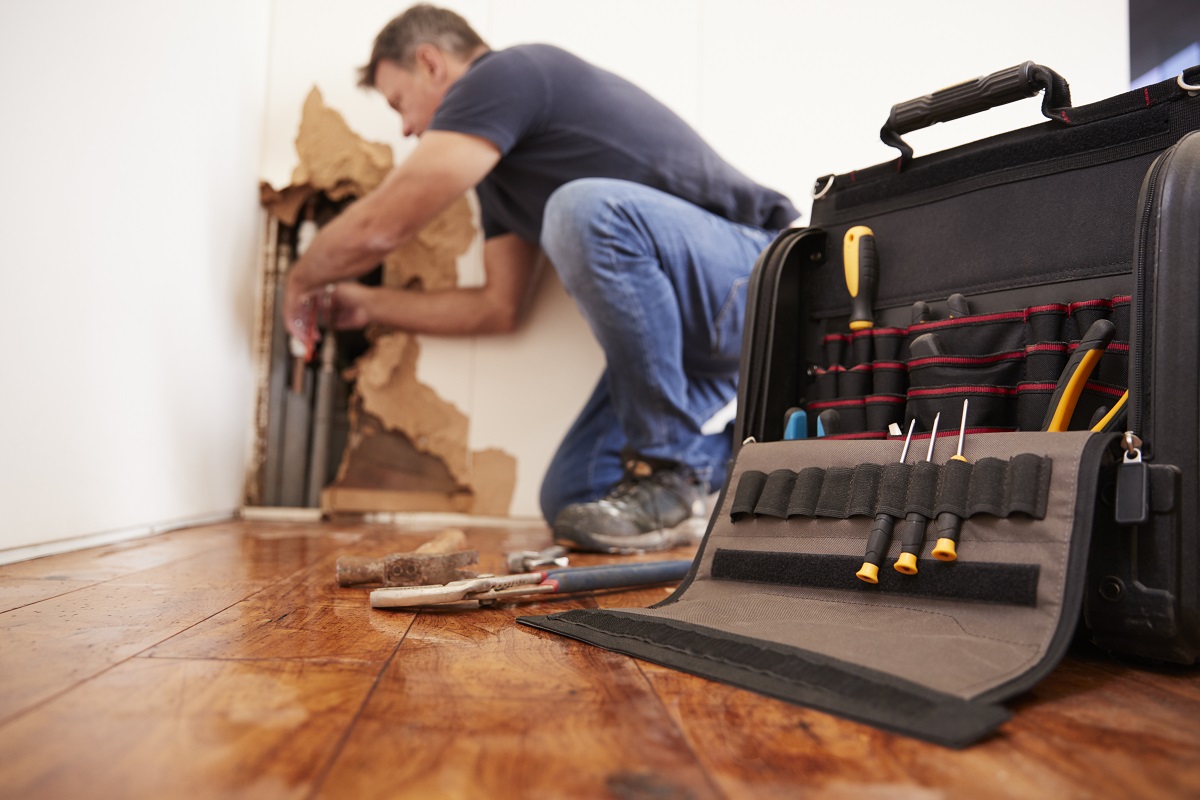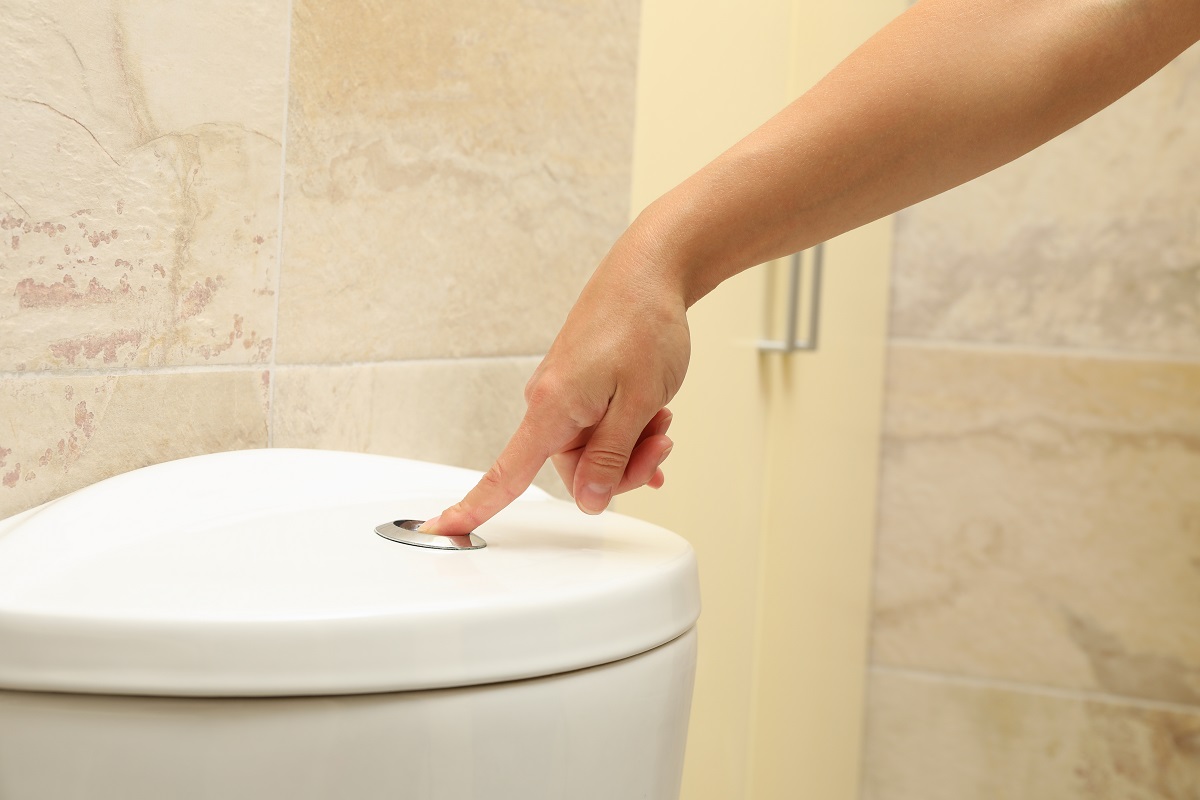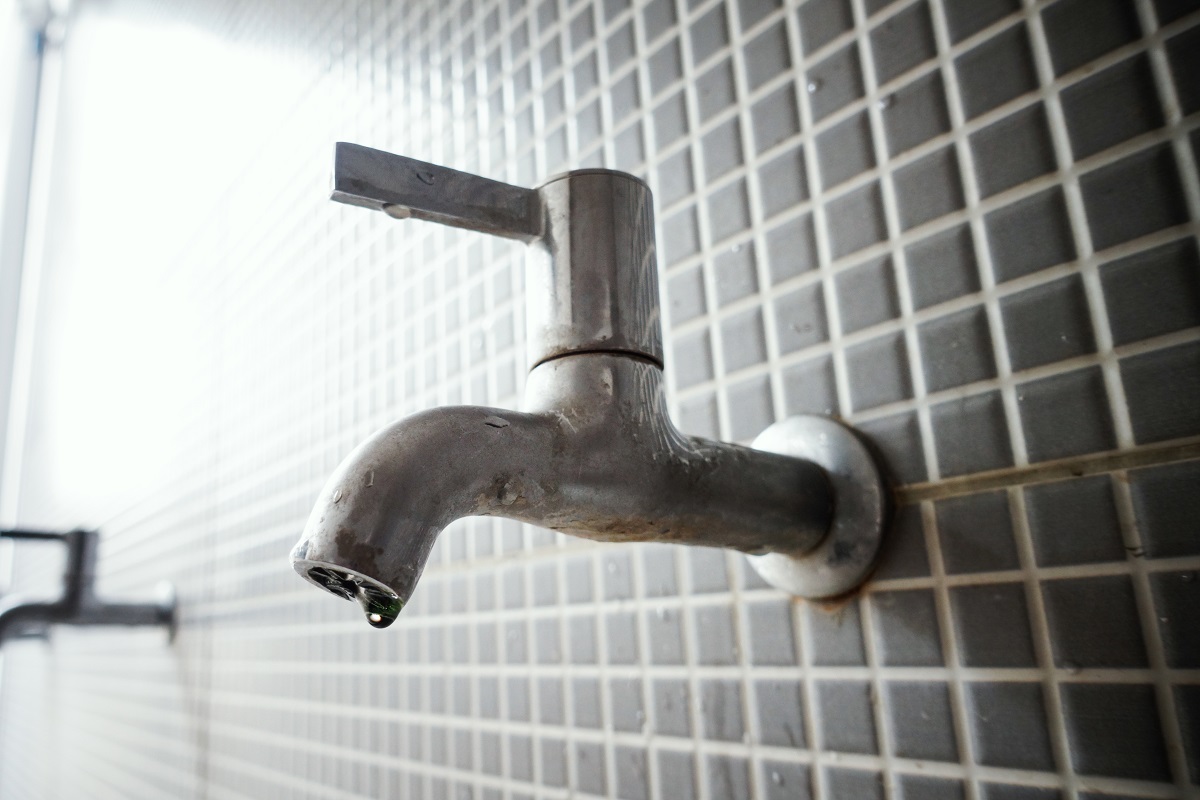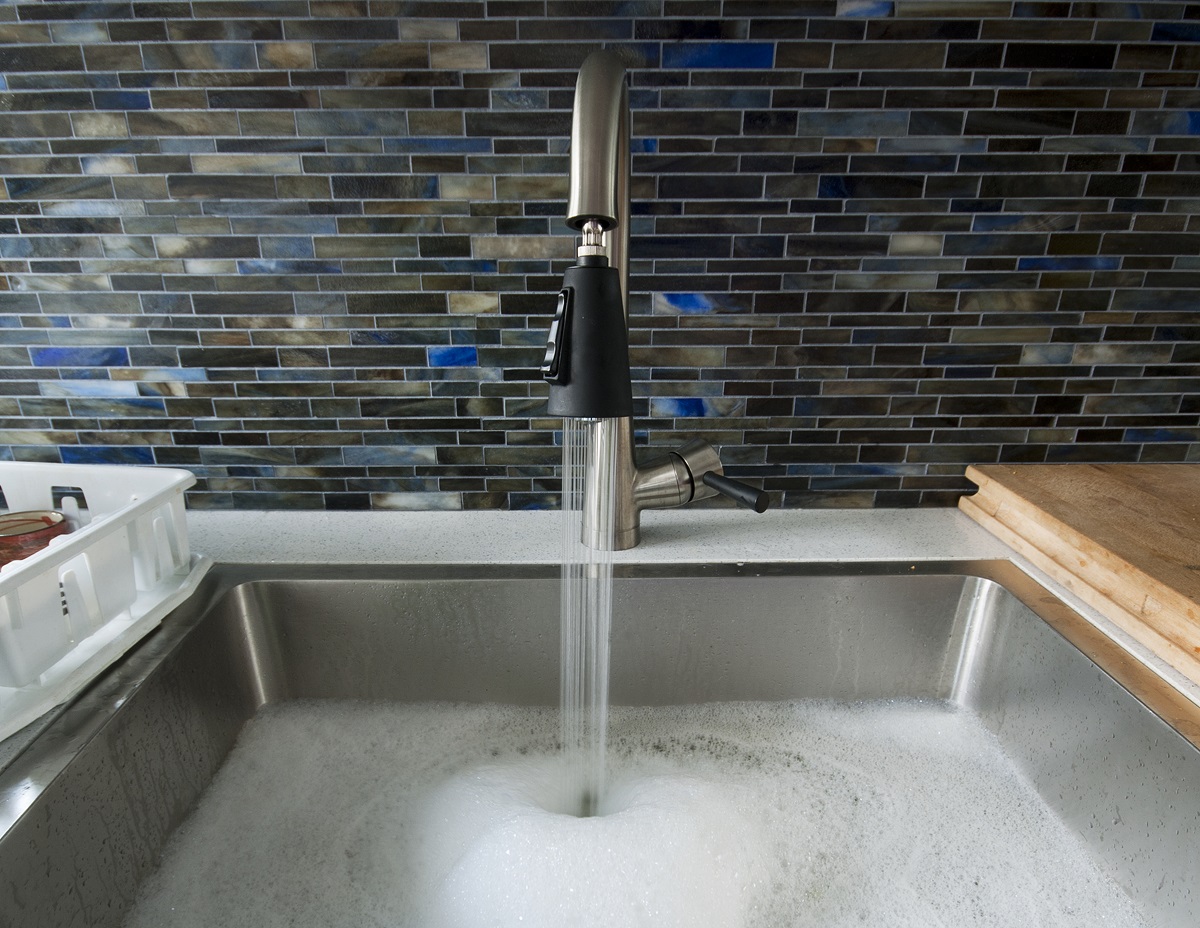
6 Tips for Plumbing Pipe Maintenance
What do you need to do for proper plumbing pipe maintenance?
- Use drain screens on sinks and drainage systems
- Don’t flush or drain clogging materials
- Don’t clean your drainage with toxic cleaners
- Fix water leaks immediately
- Check for water pressure regularly
- Soften hard water to prevent clogs
Did you know that steel pipes are a great choice when it comes to plumbing applications? They’re more durable and environmentally friendly than PVC so you can use them for a long time without problems. But if you want to prolong the life of your plumbing system, you need to take care of them properly. Here are some tips for plumbing pipe maintenance! Keep on reading.
Use Drain-Screens On Sinks and Drainage Systems
Something as small as a piece of hair can contribute to the clogging of your plumbing pipe. If it is left to accumulate in your drainage, you might need to call a plumber regularly to remove the clumps of hair that are blocking the pipe. Eggshells and other small food pieces are also common culprits and will just attract pests.
That’s why if you want to prevent clogs in your home or establishment, you should take a proactive approach. That includes installing a screen or mesh on sinks and bathroom drainages. This way, you can remove hair, food debris, and other small materials easily.
Avoid Flushing or Draining Clogging Materials

Other than hair and other small particles of food, there are some items that you shouldn’t flush down the toilet or down the sink drain. That includes used toilet paper, sanitary products, and oil—which is the most problematic apart from solid items!
Grease can accumulate in your plumbing pipes and cause clogging. The oil can stick to the pipe walls and where food debris, coffee grounds, and other small materials can stick. But if that doesn’t happen first, the grease can harden first. That’s why if you own a restaurant or any other business that uses large amounts of oil, educate your employees about the right way to dispose of this substance.
Don’t Clean Your Drainage with Toxic Cleaners
But what do you do if oil is accidentally poured into the drainage? Whether you want to clean your plumbing pipes for preventive maintenance or want to fix an urgent problem, you should use non-toxic cleaners that won’t damage the pipes. Some commercial products can be only partially effective, so regular usage of these chemicals can reduce the longevity of your pipes.
Instead, you can hire a professional plumber to snake the drain for hair or grease. For minor clogs, you can try a plunger or pour boiling water down the pipe. Steel pipes can handle high temperatures than PVC, so only do this if you have a steel plumbing system.
Fix Water Leaks Immediately

Do you have higher water bills compared to last month even when your usage is the same? If it’s not a faucet that was left open accidentally, then there could be a water leak somewhere. If this is not fixed immediately, you can continue to have high monthly expenses. Other than that, a fire could start if you don’t find the leak. If the water makes its way into an exposed part of electrical wiring, it could ignite a spark.
Other than that, water leaks can promote mold and mildew buildup inside your building. This is why it’s important to inspect for leaks regularly. You may not know it, but your plumbing pipes may already be corroded and damaged. When this happens, you need to replace them completely!
Check for Water Pressure Regularly
It might be nice to have a strong water pressure running at all times. But you have to make sure that your faucets and showerheads are set on a safe water pressure level. Otherwise, your faucets, pipe walls, and pipe joints could be exposed to too much stress which can significantly lower their lifespan.
If you want to check water pressure, you can use a water gauge. If the number is too high, you can install a water pressure regulator to reduce the amount of water coming in from the main water line.
Soften Hard Water to Prevent Clogs

Hard water is a liquid that has high mineral content, which is typically either calcium or magnesium. This mineral can build up inside your pipes over time and affect the flow of water. Later on, this can lead to clogs! You can find out if you have hard water if you see a white buildup on your faucets.
If you want to maintain your plumbing pipes, the recommended solution is to soften the water! You can install a water softener to dissolve the minerals in hard water.
Key Takeaway
If you want to reduce the risk of clogs and prolong the life of your steel pipes, you can follow these plumbing pipe maintenance tips! This way, you can prevent bigger problems from happening in the future.
But if you have damaged and corroded pipes, you might need to replace them soon with steel pipes! If you’re looking for a trusted plumbing supplier in the Philippines, contact Supreme Pipe today. With years of experience in the industry, you can rely on our high-quality and certified pipes.


